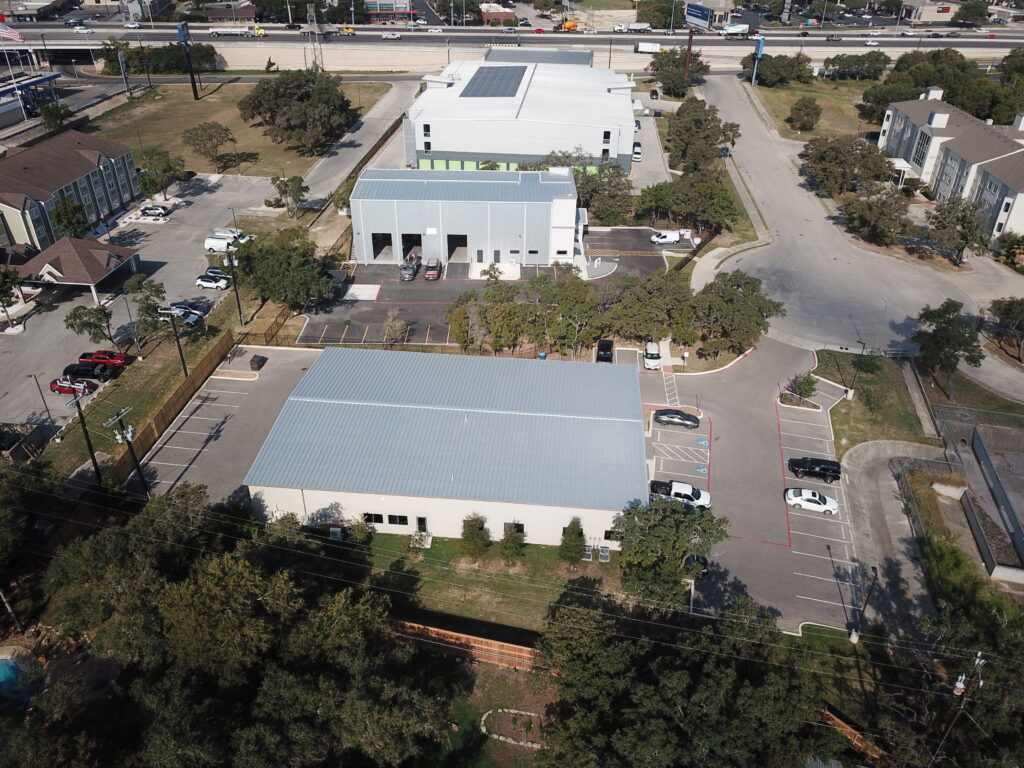The Industrial Revolution played a vital role in shaping the way our global economic system works today. Goods that had been previously crafted by hand started were being produced in some of the first factories with the aid of new machinery like the cotton gin. Furthermore, transportation improvements allowed producers to expand their consumer markets beyond their wildest imagination.
These innovations shaped the way our businesses operate and the way our cities were designed as the need for a larger workforce for factories emerging drove the need for denser urban populations. Buildings are built higher and more closely together in order to accompany the housing demand creating a synergistic growth between city expansion and industrial technology development. Industrial real estate is some of the most valuable property you can own because it is vital to the framework of our society.

